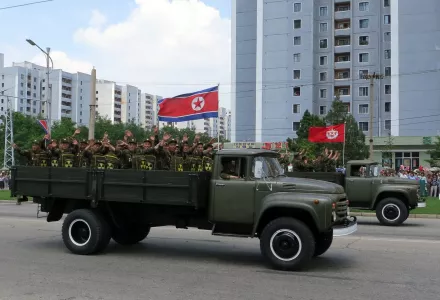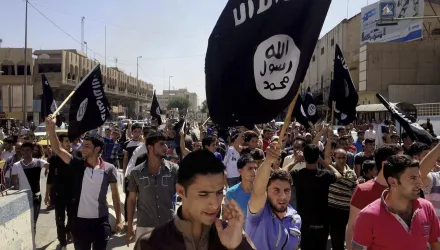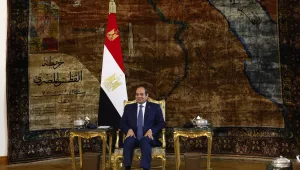
This article considers the relationship between intelligence and the arms trade by examining North Korea’s procurement of 86 Hughes helicopters in the 1980s. Using recently declassified documents, the article contextualises the case using US intelligence assessments of North Korea’s procurement, and considers the role of the DPRK’s diplomats in Berlin, and the Western powers’ response. This history provides insights into the use of intelligence operatives for arms procurement, the role of intelligence agencies in monitoring the illicit arms trade, and the challenges in collection, analysis and acting on the intelligence surrounding arms trafficking.
Historically there has been a close relationship between intelligence and the global arms trade. Intelligence communities’ assessments have shaped states’ arms procurement and transfer decision-making. Secretive arms transfers have long been a tool of covert action undertaken by intelligence agencies during and after the Cold War. Agencies have also sought to monitor the efforts of enemy states to procure arms, especially in the face of arms embargoes or sanctions. Intelligence officers themselves have frequently played an active role in arms sales and procurement. For states facing such restrictive measures, those intelligence officers based overseas – with official diplomatic cover based in embassies – have often played a central role in circumventing these embargoes through illicit procurement operations.
Salisbury, Daniel . “Countering a Technological Berlin Tunnel: North Korean Operatives, Helicopters, and Intelligence in the Cold War Illicit Arms Trade, 1981-1986.” Intelligence and National Security, April 4, 2022
The full text of this publication is available via Intelligence and National Security.




